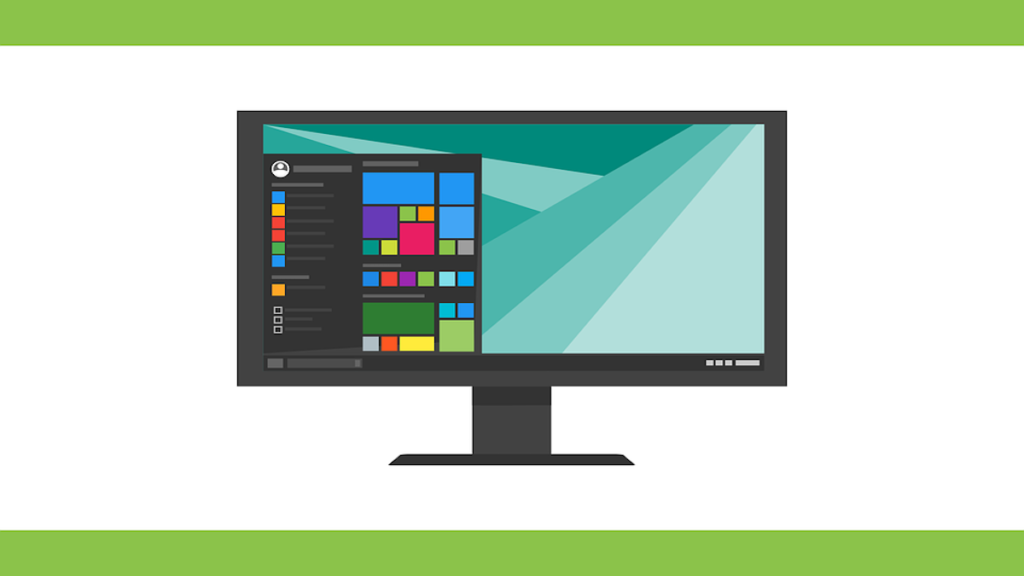Featured image by 200degrees from Pixabay
One of the world’s best-known and best-loved operating systems is Linux for embedded systems. Approximately 96% of the world’s top servers run on Linux and 83% of developers cite Linux as their preferred platform. No wonder so many companies rely on the prolific open-source operating system.
Linux has grown and developed. Specifically, it’s more compatible with industry-specific products, including the embedded systems that power devices from smart TVs to flight systems. There are many advantages of using embedded Linux systems in your products. Doing so will not only keep your embedded development team satisfied, but this step can take your product launches to the next level.
RELATED ARTICLE: 3 WAYS TO SPOT AN INVESTMENT SCAM
Free to Use and Community Support
Arguably the most significant advantage of using Linux embedded systems is that it’s an open-source operating system. This means that its source code is readily available to any programmer onboard. Anyone with coding knowledge can modify, enhance, and redistribute the source code for any purpose, all for free.
Unlike competing systems, there’s no need to buy a pocket-draining license to utilize the system and its adjoining software programs. If you run into any problems, there is a plethora of forums on the internet with users that can troubleshoot any issues you might stumble upon with the system. If those users can’t help, it’s simple to find and hire kernel developers with the professional experience necessary to resolve the issues at hand.
Stability and Reliability
By utilizing Linux in your embedded systems, businesses can implement a stable and reliable operating system into their products. By contrast, Windows systems require users to reboot their servers when installing an application, uninstalling an application, or performing an update. This can potentially delay production or stall productivity.
However, with Linux, that extra step isn’t necessary, speeding up the process of developing your embedded systems. Linux is well-known for being an incredibly stable operating system. That said, you’re sure to generate long-lasting products with such a powerful solution stocked in your tool belt.
Flexibility and Customization
Installing Linux offers users a substantial amount of flexibility with embedding systems. If your products don’t require a full suite of components, you can download what you need and eliminate any extra baggage prone to bog down your systems. Additionally, there is a wide-ranging aggregate of tools and utilities you can choose from to customize your system. Linux supports every programming language you can think of. Also, whether you need a web server or a graphical toolkit, Linux can process our demands and exceed expectations.
RELATED ARTICLE: PROMOTE YOUR BUSINESS WITH THESE 6 INVENTIVE CONCEPTS
Security and Privacy
Linux is known to be far less vulnerable to malware than any other operating system on the market. Linux utilizes various security measures to ward off viruses and attacks, some of which include firewalls and Security-Enhanced Linux (SELinux).
In addition to being an extremely secure system, Linux also protects the privacy of its users. As worries of privacy invasion and data mining continue to escalate, Linux has presented itself as a reliable operating system to avoid those concerns. As a bonus, Linux embedded systems minimize the data collected from users, compared to other well-known operating systems.
Well-Known and Vetted
Another advantage to Linux being open-sourced is that most developers are well-versed in its nuances. With entire communities of coders continually weed out bugs and apply updates to the code, decipherability is non-negotiable.
Fortunately, there is no shortage of developers who are intimately familiar with Linux, making it incredibly easy to contact someone who can provide support as you execute your transition to Linux. Additionally, with the sizable community of Linux code contributors, many bugs in the source code have already been worked out. Should any problems arise, you can expect a resolution within a couple of days.
With Linux at your ready-aid, you’re harnessing the power of an operating system that has been thoroughly vetted by an enormous community of professional developers and coders.
The Bottom Line
As Linux becomes increasingly popular for embedded systems, it may be worth considering what this operating system can do for your business and its products. Whether you’re overseeing a small or medium-sized company or a large corporation, Linux is easily compatible with your needs. So, it can provide you with a sense of security in your products’ integrity.
RELATED ARTICLE: PIVOTING: COMPANIES THAT TRANSFORMED DURING THE PANDEMIC
